EU tech firms team up to launch 'Virt8ra' sovereign edge cloud platform
Virt8ra is aimed at reducing European dependence on hyperscalers and big tech vendors, and is already operational in six countries


Sign up today and you will receive a free copy of our Future Focus 2025 report - the leading guidance on AI, cybersecurity and other IT challenges as per 700+ senior executives
You are now subscribed
Your newsletter sign-up was successful
Eight European tech organizations have teamed up to launch a sovereign edge cloud platform aimed at providing portability and interoperability across multiple cloud providers.
Virt8ra, coordinated by OpenNebula Systems, includes backing from Arsys, BIT, Gdańsk University of Technology, Infobip, IONOS, Kontron, Mondragon, and Oktawave, and will provide computing and storage resources in a host of countries across the region.
This includes services in Croatia, the Netherlands, Poland, Germany, Slovenia, and Spain.
"Through this collaboration, we are contributing to strengthening Europe’s digital sovereignty and driving innovation across the continent," said Jože Orehar, head of the cloud platform department at Kontron.
"This distributed environment will enable further research and development on a cloud continuum made of heterogeneous, country-oriented clouds."
The move forms part of the Important Project of Common European Interest on Next Generation Cloud Infrastructure and Services (IPCEI-CIS), approved by the European Commission in December 2023 and supported by 12 EU member states.
The initiative aims to bolster research and investment in edge and cloud computing technologies across the union, and create a decentralized edge computing framework.
Sign up today and you will receive a free copy of our Future Focus 2025 report - the leading guidance on AI, cybersecurity and other IT challenges as per 700+ senior executives
As part of the virt8ra integration cluster, more than 30 European companies are defining an open source software stack for virtualization - a home-grown, vendor-neutral solution for managing the cloud and edge computing.
The IPCEI Cloud, with more than €3 billion of investment, represents the largest open source project in the history of the EU.
Alberto Martí, chair of the IPCEI-CIS Industry Facilitation Group, welcomed the move as a positive step toward bolstering sovereign infrastructure across the region.
“I’m proud to see the EU industry finally taking the lead in developing strategic open source technologies and delivering tangible solutions for creating sovereign digital infrastructure across Europe."
The virt8ra infrastructure is being seen as a way of reducing the dependence of EU businesses and public organizations on US-based hyperscalers.
Group members said the initiative represents the first step toward building a European alternative for next-generation use cases demanding ultra-low latency, on top of a computing continuum ranging from 5G cell towers to cloud providers and data centers.
"The virt8ra testbed is our first step at Arsys towards the development of the meta-orchestration software that will enable a multi-vendor solution from technology providers across Europe," said Miguel Martínez Vélez, chief product officer at Arsys.
"It is also the kick-off for future cloud-edge continuum solutions that will boost the European data economy, digital sovereignty, and competitiveness."
The current version of the virt8ra infrastructure already supports interoperability — managing physical resources, virtual machines, and Kubernetes clusters through a single control plane — and portability, allowing applications to be easily deployed, executed, and migrated across different locations and cloud providers.
RELATED WHITEPAPER
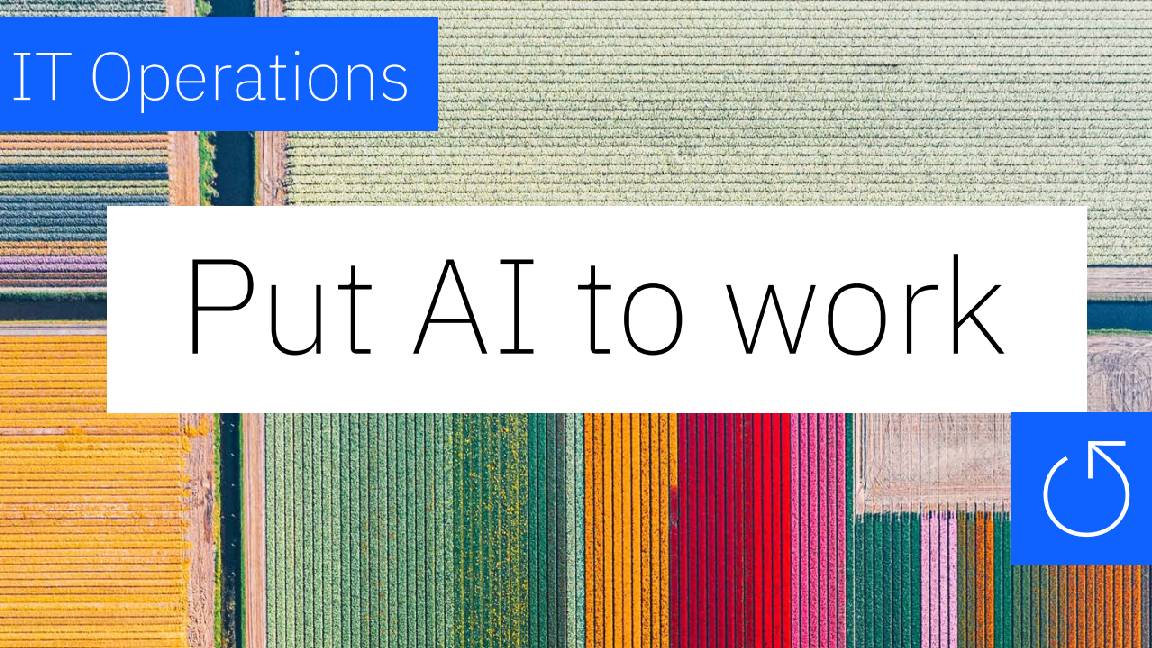
The group says it plans to add more locations and new features to meet the evolving needs of the cloud market, including the deployment of distributed AI applications at the edge.
"The virt8ra testbed represents a turning point in the way in which EU tech champions are coming together to fix the cloud market," said Ignacio M. Llorente, CEO of OpenNebula Systems and chair of the Cloud-Edge working group of the EU Cloud Alliance.
"We are finally building a sovereign cloud-edge continuum based on vendor neutrality and European open source."
Emma Woollacott is a freelance journalist writing for publications including the BBC, Private Eye, Forbes, Raconteur and specialist technology titles.
-
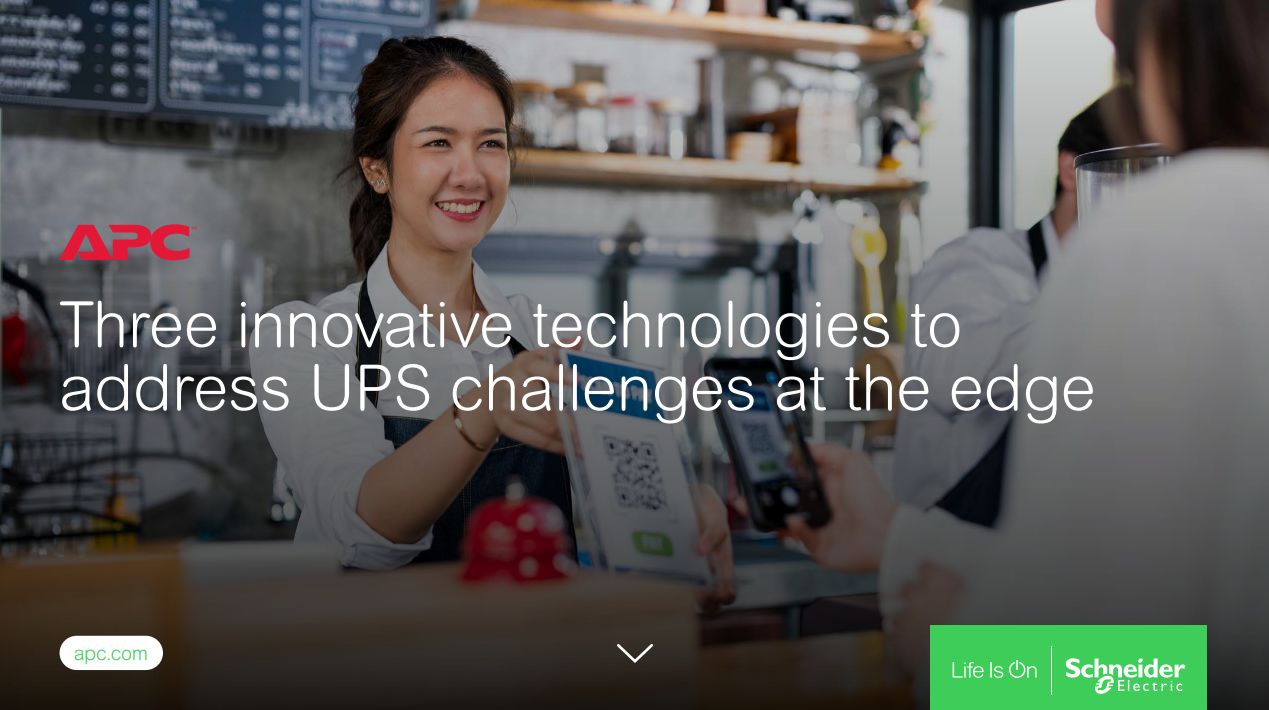 Three innovative technologies to address UPS challenges at the edge
Three innovative technologies to address UPS challenges at the edgeWhitepaper With increasing focus on edge computing comes added pressure for better uninterruptible power supply (UPS)
-
 Splunk adds AI and edge hardware to its observability product line-up
Splunk adds AI and edge hardware to its observability product line-upNews Generative AI brings natural language to SPL, and ML toolkit is updated
-
 Organisations seek SSE solutions to help ease pain of remote work
Organisations seek SSE solutions to help ease pain of remote workWhitepaper How ZTNA wins the network security game
-
 Flexible IT for agile service providers
Flexible IT for agile service providersWhitepaper Leverage consumption-based economics to create competitive advantage
-
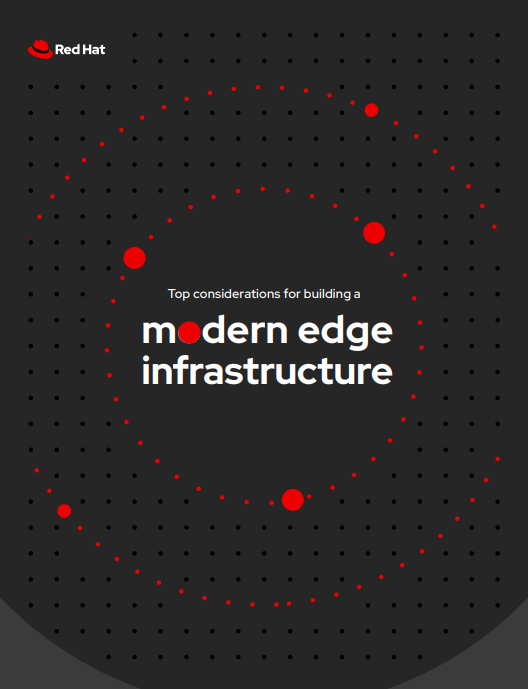 Top considerations for building a modern edge infrastructure
Top considerations for building a modern edge infrastructureWhitepaper Extend hybrid cloud capabilities all the way to data sources and end users
-
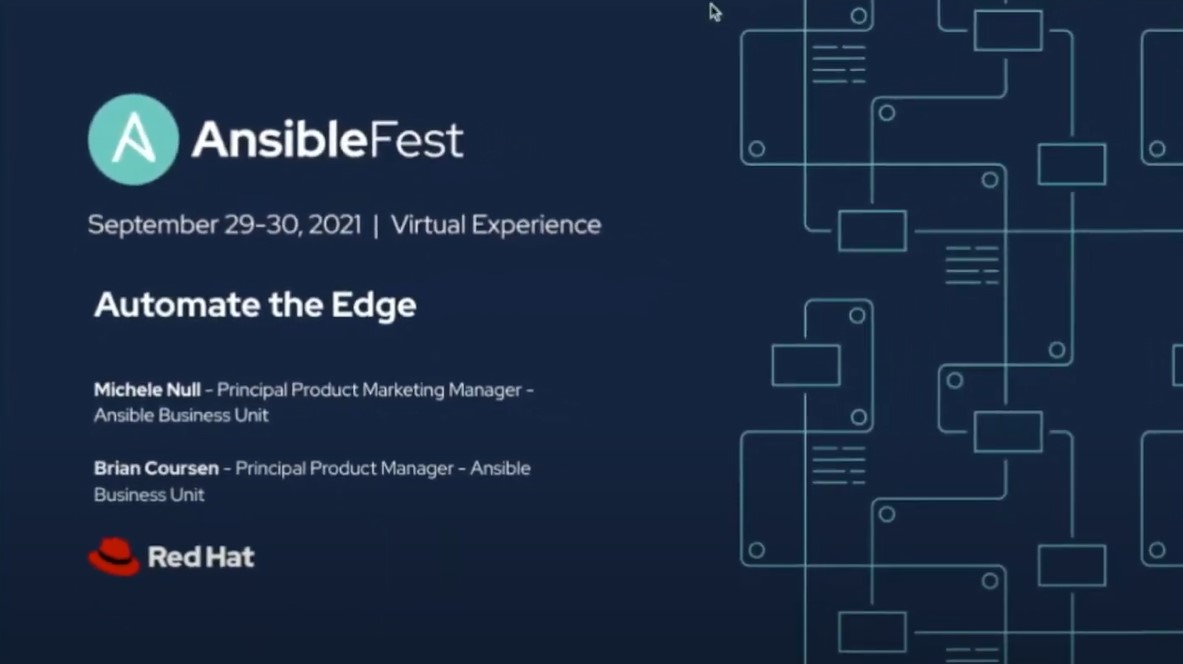 Automate the edge
Automate the edgeWhitepaper Extend hybrid cloud capabilities all the way to data sources and end users
-
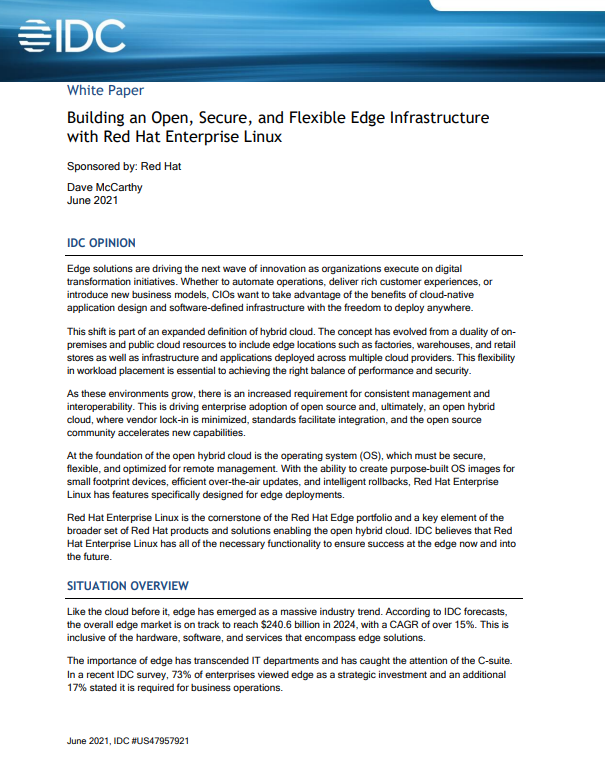 Building an open, secure, and flexible edge infrastructure
Building an open, secure, and flexible edge infrastructureWhitepaper Driving the next wave of innovation
-
 Jacobs to acquire analytics firm BlackLynx
Jacobs to acquire analytics firm BlackLynxNews The acquisition will strengthen Jacobs’ cyber intelligence and digital capabilities


